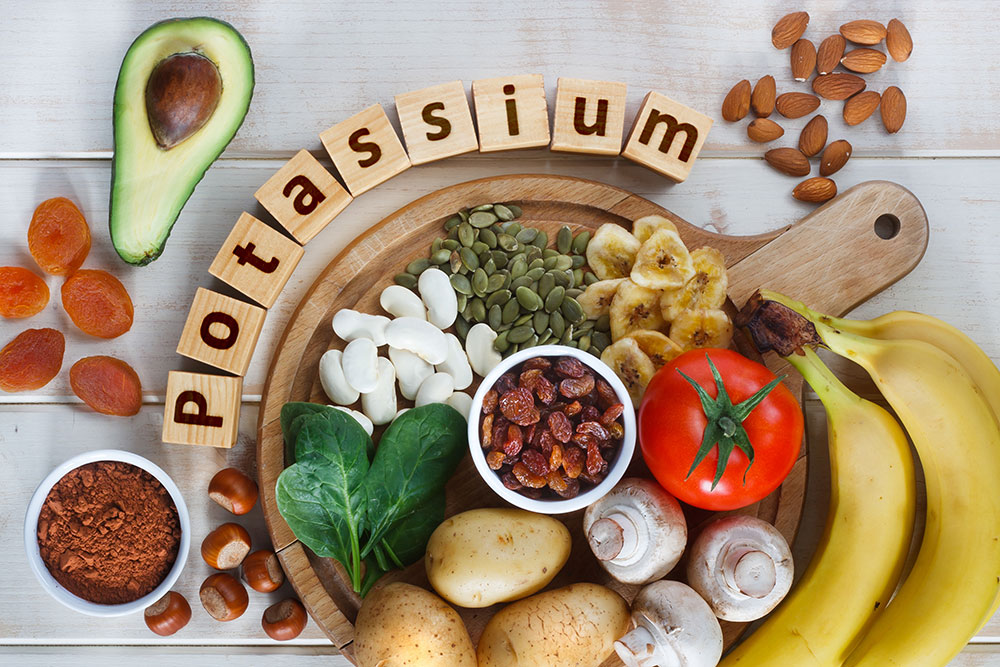What Is a Low Potassium Diet?

Potassium is a mineral that’s naturally found in many foods you eat, such as bananas and baked potatoes with the skin on. It plays a critical role in keeping your heartbeat regular and helps your muscles work right. However, there are times your trusted team at Texas Advanced Renal Health may recommend a low potassium diet.
Potassium and Your Kidneys
Potassium, sodium, and chloride are the body’s major electrolytes. Potassium is an essential mineral that helps maintain healthy muscles and plays a role in keeping your heartbeat and blood pressure steady.
If you have kidney disease or heart disease, we may recommend a low potassium diet. One of the primary jobs of your kidneys is maintaining a healthy amount of potassium in your body. If they aren’t working effectively, you may end up with dangerous potassium levels, which may cause weakness, numbness, and tingling, as well as serious complications, including an irregular heartbeat or even a heart attack!
What Is a Low Potassium Diet?
Most foods have potassium, so to keep your levels down, you’ll need to avoid high potassium foods or limit them to no more than half a cup a day. Try to stick to low potassium foods to maintain healthy levels of the mineral in your blood.
Examples of Low and High Potassium foods
We will provide you with a comprehensive list of high and low potassium foods so you can plan your potassium-restricted diet accordingly. Examples of foods that are high in potassium include apricots, cantaloupe, dried fruit, oranges, prunes, pumpkin, avocado, broccoli, baked beans, lentils, cooked spinach, milk, molasses, nuts, tofu, and potato chips. Examples of low potassium foods include apples, cranberries, grapes, peaches, strawberries, watermelon, alfalfa sprouts, cucumber, eggplant, kale, parsley, peas, noodles, pasta, rice, and much, much more.
A cooking process called leaching can help lower the potassium levels in foods such as potatoes, beets, carrots, and winter squash. Peel your vegetables, rinse them in warm water, cut them into 1/8th inch slices, then soak them in warm water for at least two hours. Rinse them again with warm water, then cook them. Leaching helps “pull” some potassium out of the vegetables into the water. However, you should not eat these foods frequently because they still contain high potassium levels.
Trusted Kidney Care in McKinney, TX
Visit Texas Advanced Renal Health to learn more about lowering your potassium intake to safeguard your kidneys and overall health. Our team is happy to answer your questions and provide you with healthy nutrition tips. Call us at 972-548-4833 and schedule your appointment today!
